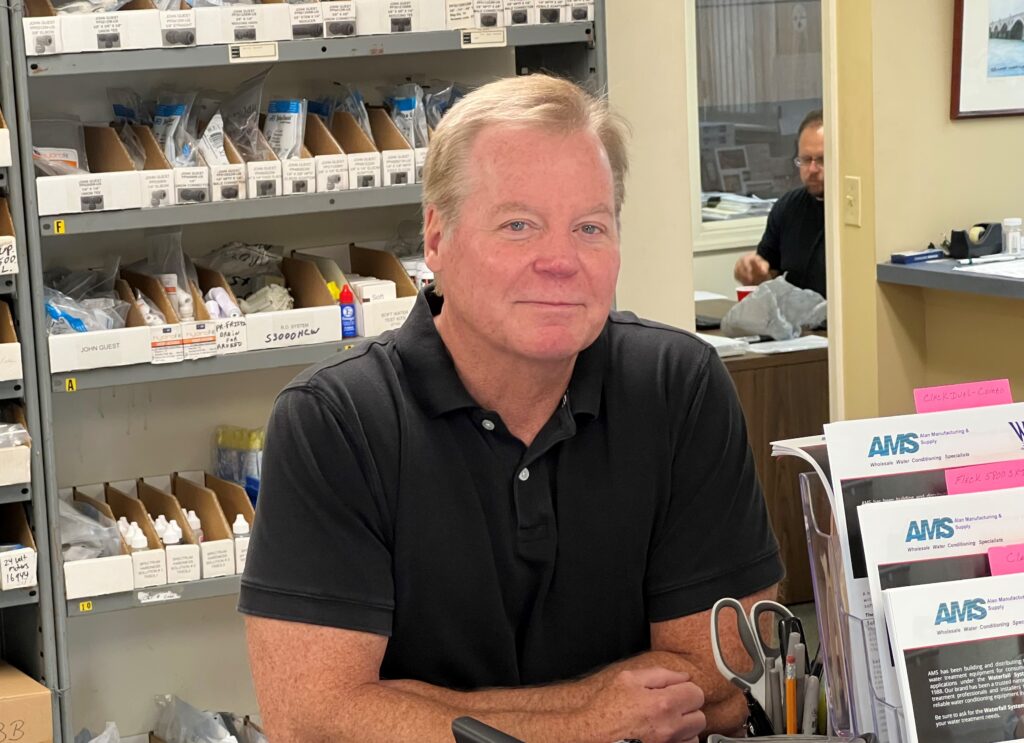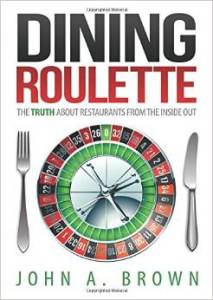Taxes can be complex and overwhelming. When back tax debt comes into the picture, things can get a bit more complicated and stressful. If you fail to pay your back taxes, two terms often surface: “lien” and “levy.”
These terms have specific meanings and consequences in the realm of taxation, and understanding the differences is essential for anyone seeking tax relief.
Let’s demystify these terms and explore their implications.
Note: If you’re facing threatening letters from the IRS or have a “Notice of Federal Tax Lien”, call Eric at (835) 222-6600 immediately to find what tax relief options you may qualify for.
What Is a Tax Lien?
A tax lien is a legal claim against a taxpayer’s property or assets, serving as collateral for unpaid tax debt. It is not an immediate seizure of assets but rather a legal encumbrance that alerts creditors and potential buyers that the taxpayer owes the government money. Let’s take a closer look at tax liens and what they mean.
Filing a Tax Lien:
When a taxpayer has unpaid tax debt, the IRS or state taxing authority may file a Notice of Federal Tax Lien or equivalent state document. This notice is recorded in public records, making the tax debt a matter of public record.
Impact on Credit Score:
A tax lien can have a severe impact on the taxpayer’s credit score. It can make it challenging to secure loans or credit and can result in higher interest rates on existing credit.
Asset Encumbrance:
While a tax lien does not immediately result in the seizure of assets, it encumbers the taxpayer’s property and assets.
This means that if the taxpayer tries to sell property or assets with a tax lien, the IRS or state will typically have a claim on the proceeds.
Priority Status:
Tax liens often take precedence over other creditors, including 2nd mortgage holders and other creditors. This means that the government’s claim is superior, and they have a first right to the taxpayer’s assets.
Lien Release:
A lien can be released once the tax debt is fully paid or when the taxpayer arranges an alternative payment plan with the taxing authority. It’s essential to resolve a lien promptly to regain control over your assets and credit.
What Is a Tax Levy?
A tax levy, on the other hand, involves the actual seizure of a taxpayer’s property or assets to satisfy unpaid tax debt. It represents a more aggressive collection action by the IRS or state taxing authority. Let’s review the key aspects of a tax levy.
Issuance of Levy:
A tax levy is a legal action taken by the IRS or state to collect unpaid taxes. It can result in the seizure of bank accounts, wages, vehicles, real estate, and other valuable assets.
Bank Levy:
A common form of tax levy is a bank levy, where the IRS or state taxing authority freezes and eventually withdraws funds from the taxpayer’s bank account to cover the unpaid tax debt.
Wage Garnishment:
A wage levy, or garnishment, involves continuously taking a portion of the taxpayer’s wages or salary (up to 90% of their net pay in certain situations) directly from their employer to satisfy the tax debt. This can have a significant impact on the taxpayer’s income.
Asset Seizure:
In extreme cases, the IRS or state can seize and auction off the taxpayer’s assets, including real estate, vehicles, or personal property, to recover the unpaid taxes.
Levy Release:
To release a levy, the taxpayer must address the tax debt by either paying it in full, arranging a payment plan, filing delinquent tax returns or demonstrating that the levy is causing severe financial hardship. Once the issue is resolved, the taxing authority will release the levy.
If you find yourself dealing with tax liens, levies, or other tax-related challenges, contact Eric at (835) 222-6600 today to help you resolve your tax issues and achieve financial stability.
Avoiding Tax Liens and Levies
The best way to avoid having to deal with tax liens and levies is to avoid them in the first place. Here are some proactive steps you can take:
1. Timely and Accurate Filings:
File your tax returns on time and ensure they are accurate. Filing extensions or incorrect information can trigger audits and tax debt.
2. Regularly Review Tax Returns:
Regularly review your tax returns, checking for errors, discrepancies, or potential red flags that might invite IRS scrutiny.
3. Pay Taxes Promptly:
Pay your taxes on time and in full. If you can’t pay, consider options like installment agreements or an offer in compromise to settle your debt.
4. Seek Professional Guidance:
Tax relief professionals like E Ten Broeck, LLC play a vital role in assisting individuals and businesses facing tax issues, from negotiating with taxing authorities to developing strategies for lien and levy resolution. If you have back tax debt today, contact us at 835 222 6600 for a free consultation.





